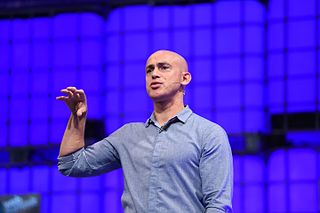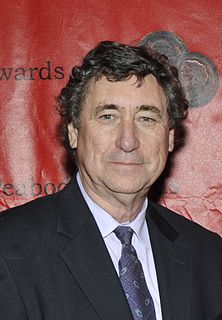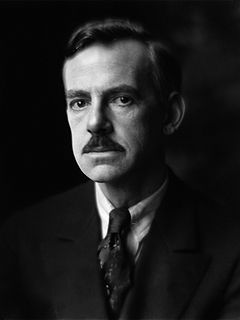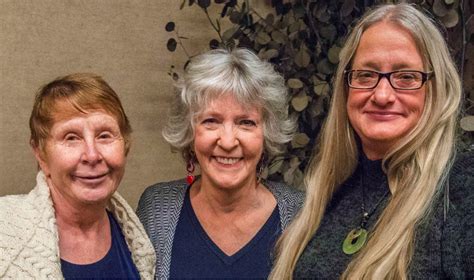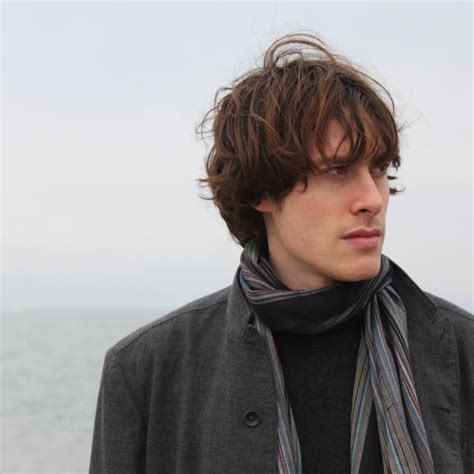A Quote by Byron Katie
It's important to realize that inquiry is about noticing, not about dropping the thought... Inquiry is not about getting rid of thoughts; it's about realizing what's true for you, through awareness and unconditional self-love. Once you see the truth, the thought lets go of you, not the other way around.
Related Quotes
Inquiry appears to be a process of thinking, but actually it's a way to undo thinking. Thoughts lose their power over us when we realize that they simply appear in the mind. They're not personal. Through The Work, instead of escaping or suppressing our
thoughts, we learn to meet them with unconditional love and understanding.
Once we begin to question our thoughts, our partners-alive, dead or divorced-are always our greatest teachers. There's no mistake about the person you're with; he or she is the perfect teacher for you, whether or not the relationship works out, and once you enter inquiry, you come to see that clearly.
The best books, they don’t talk about things you never thought about before. They talk about things you’d always thought about, but you didn’t think anyone else had thought about. You read them, and suddenly you’re a little bit less alone in the world. You’re part of this cosmic community of people who’ve thought about this thing, whatever it happens to be.
Certainly, Occupy Wall Street protesters have different ideas about the movement's mission. Many of the marchers I met even disagreed on the purpose of their trek - some thought it was about getting to Washington to protest the 'supercommittee'; others thought it was about visiting other Occupations.
When we see the world through our thoughts, we stop experiencing life as it really is and others as they really are. When I have a thought about you, that’s something I’ve created. I’ve turned you into an idea. In a certain sense, if I have an idea about you that I believe, I’ve degraded you. I’ve made you into something very small. This is the way of human beings, this is what we do to each other.
I want to say that what is cool about writing self-aware first person narrative is that the awareness is not necessarily the same awareness of the reader. I have a story coming out in the Paris Review and it's about a hipster. He think's he's self-aware, he's very introspective and analytical, but when you're reading it you can totally see through his self-analysis because you have a higher awareness than he does. I like playing with that too.

